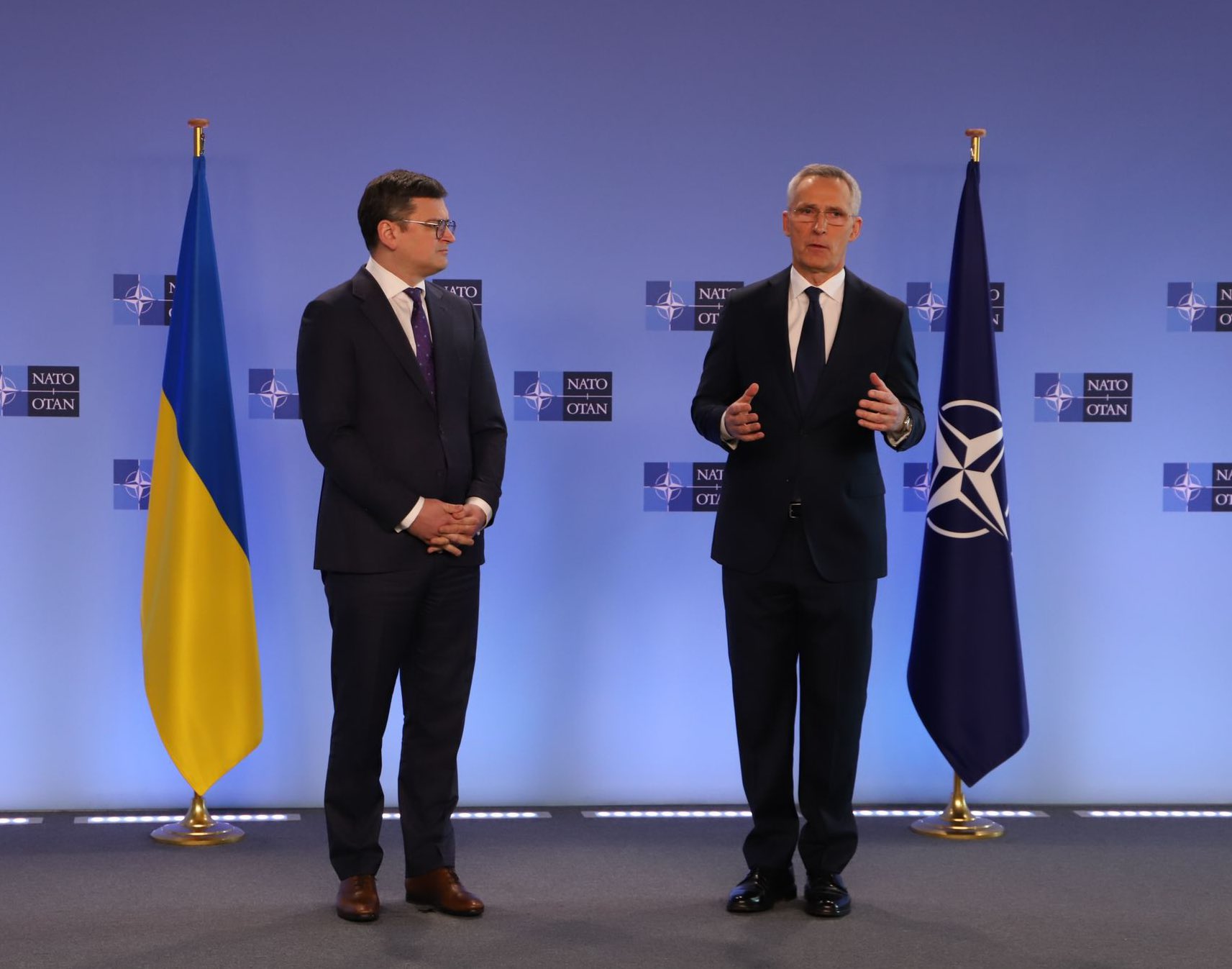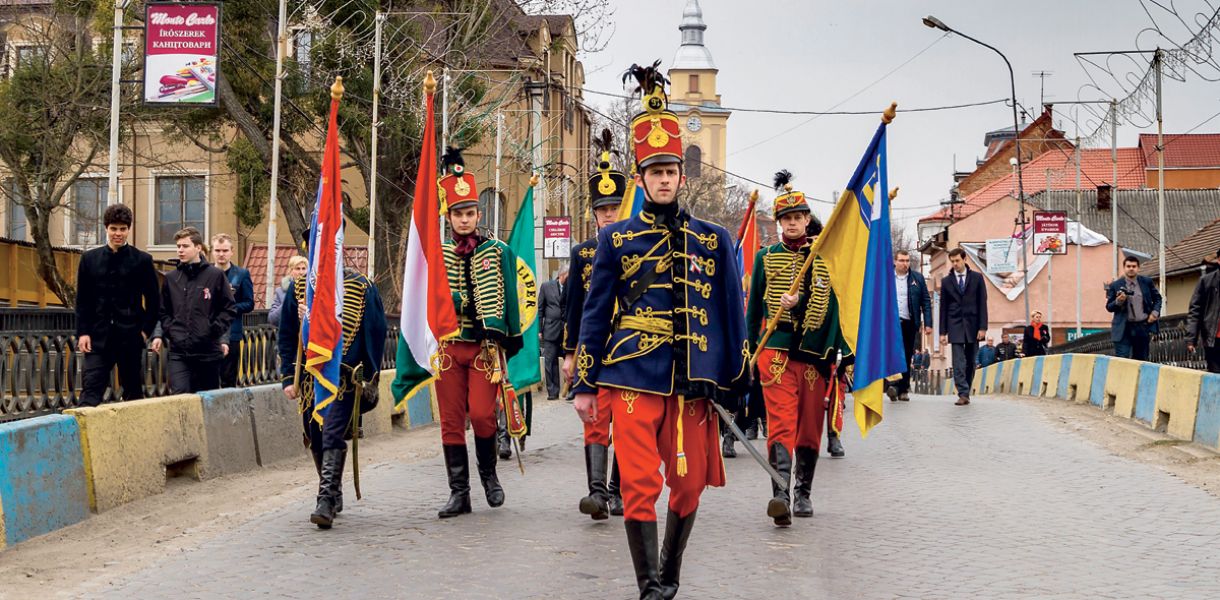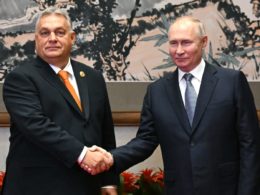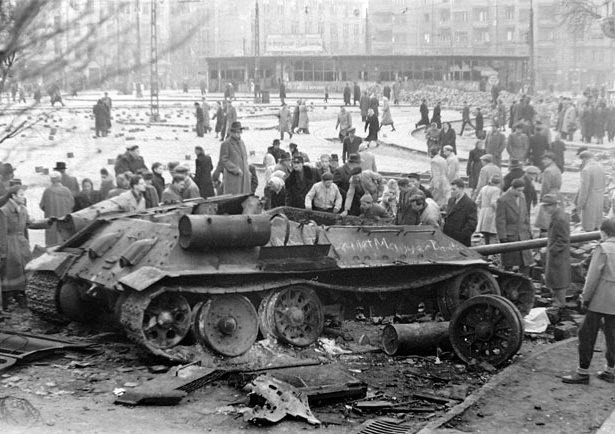On 3-4 April, the Ukraine-NATO Commission will meet in Brussels for the first time since 2017, when Hungary began blocking Kyiv’s rapprochement with the North Atlantic Alliance. Ukraine’s Foreign Minister will attend the commission meeting at the level of foreign ministers, where he will conduct negotiations ahead of the NATO Summit in Vilnius in July, Foreign Ministry spokesperson Oleh Nikolenko said.
Particularly, Kuleba will discuss in detail steps to strengthen Ukraine’s defense capability, including new arms supplies and ammunition production, strengthening sanctions pressure on Russia, creating a Special Tribunal on the Crime of Aggression against Ukraine, and providing humanitarian assistance.
Speaking with journalists ahead of the meeting on the 74th anniversary of the Washington Treaty, Kuleba congratulated Finland on becoming the 31st NATO member and said that Ukraine aims to achieve the same goal – to become a full-fledged NATO member.
The minister expressed his conviction that “NATO and Ukraine need each other.”
During our meeting, NATO Secretary General @JensStoltenberg and I discussed steps to ramp up the production of ammunition so that Ukraine has everything it needs for successful counter-offensive operations. I also outlined Ukraine’s vision for becoming a full-fledged NATO member. pic.twitter.com/WFU7pu2RXI
— Dmytro Kuleba (@DmytroKuleba) April 4, 2023
“It’s very simple. While we appreciate the practical support we receive from the Alliance, there is no better strategic decision to guarantee strategic security in the Euro-Atlantic region than Ukraine’s membership in the Alliance,” Kuleba explained.
According to the minister, the meeting will also discuss the acceleration of military aid, which has already been promised to Ukraine, primarily artillery ammunition, armored vehicles, and everything Ukraine needs for a successful counteroffensive.
Kuleba said that Ukraine’s ambition is to make the farthest progress towards membership in the Alliance at the summit in Vilnius in the summer.
Hungary has officially blocked Ukraine’s rapprochement with NATO for many years. Budapest cites the educational and language laws adopted by Ukraine in 2018 and 2019 as reasons for these actions, which, as Prime Minister Orban claims, supposedly violate the rights of the Hungarian national minority in Ukraine.
Great to meet with @SecBlinken. More military aid is on its way to help Ukraine liberate more territory from Russian occupation. I am grateful to the US for its unwavering support of Ukraine. We also exchanged views ahead of the NATO summit in Vilnius. pic.twitter.com/JxUnKMxP8Q
— Dmytro Kuleba (@DmytroKuleba) April 4, 2023
With the start of Russia’s invasion of Ukraine, Hungary temporarily eased its hostility to Ukraine, but eventually chose Russia and continued to veto NATO-Ukraine meetings, using its right of veto. However, to hold this meeting, NATO found a workaround. In order to prevent the Hungarian representative from being able to block the ministerial meeting of the NATO-Ukraine Commission, this item was simply not put up for discussion and voting. Instead, after consultations with other powerful members of the Alliance and obtaining their support, NATO Secretary General Stoltenberg proposed to the 30 member states to approve the agenda in general, signaling to Budapest that patience within NATO for its anti-Ukrainian actions has run thin.
- On 20 March 2023, Hungary refused to participate in a joint EUR 1 bn project of EU member states to purchase ammunition for Ukraine.
- The same day, Budapest blocked a joint statement of EU member states on issuing an international arrest warrant for the Russian dictator Vladimir Putin.
- On March 21, the head of the Hungarian Foreign Ministry, Peter Szijjarto, stated that if Ukraine “does not respect the rights of minorities,” Budapest may not support its integration into the EU and NATO.








